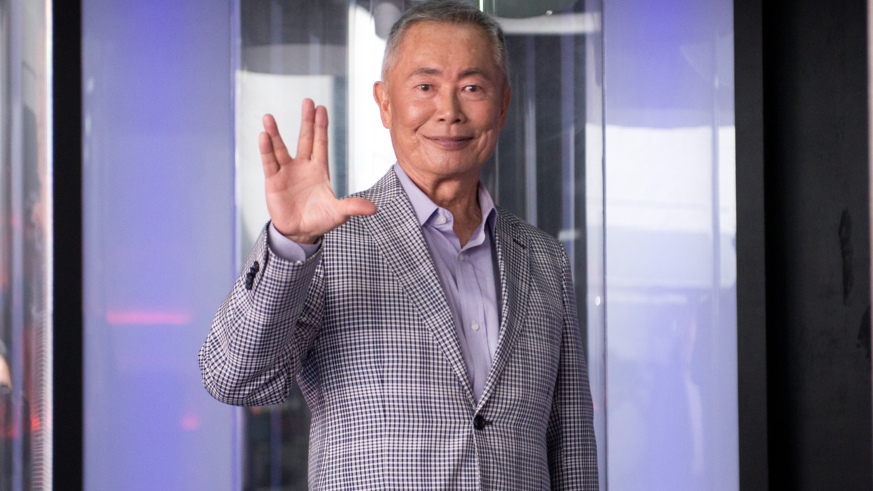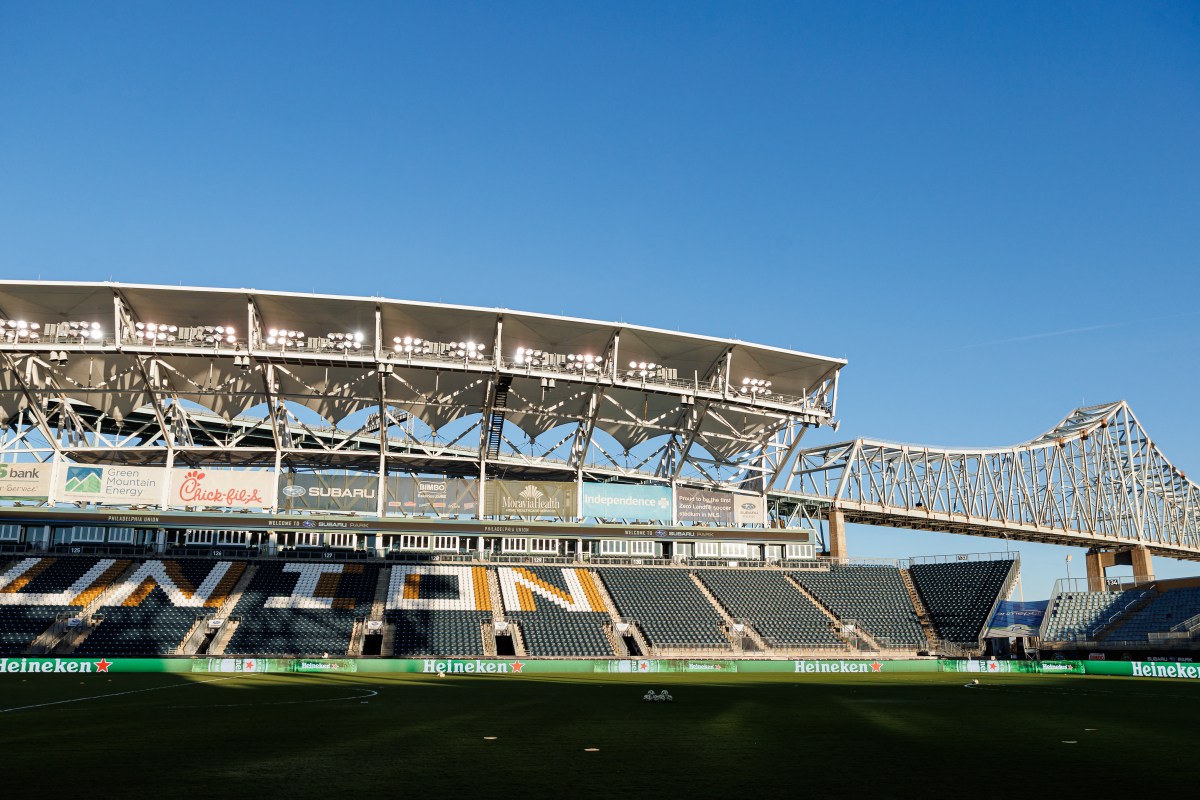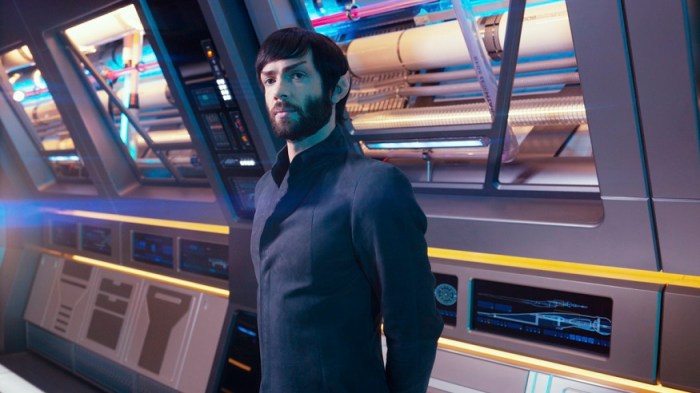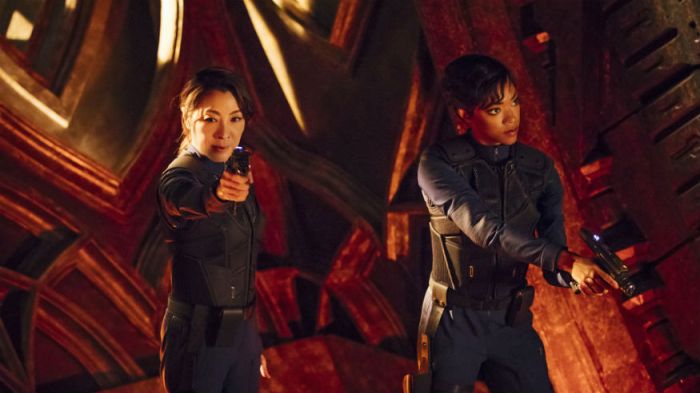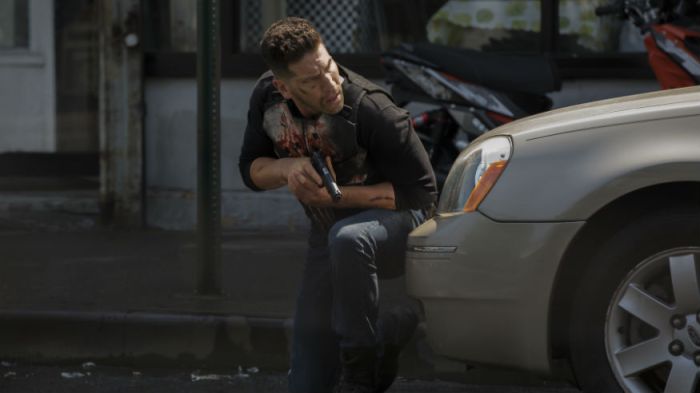George Takei will never forget the “terrifying sound” the soldiers made when they banged on his door to take his family away to an internment camp nearly eight decades ago.
The beloved “Star Trek” actor recalls his parents waking him and his young siblings up early that day so they could pack away all the belongings they could carry. Takei was only six at the time when he witnessed the arrival of the armed men, who shoved a gun in his father’s face and ordered them to vacate their home to join the more than 100,000 other Japanese Americans forced to live in relocation centers during World War II.
“We were gazing out the front window when suddenly we saw two soldiers marching up our driveway. They stomped at the porch and started banging on the door with their fists,” Takei tells Metro. “My father answered and, literally at gunpoint, we were ordered out of our home. This is the way it all began, in the most egregious violation of the United States Constitution.”
The fact that Takei and his parents were born and raised in California didn’t matter to the U.S. government. In the wake of the bombing of Pearl Harbor, Japanese Americans—even those who had never set foot outside the country—were deemed “enemy aliens.” They were rounded up and kicked out of their homes with no charges filed against them, no trial dates set and any semblance of due process completely ignored.
While the deplorable treatment of Japanese Americans during WWII isn’t often talked about aside from cursory mentions in history textbooks, Takei hopes his play “Allegiance” helps to change that. The musical made its Broadway debut in 2015 and is now running in Boston thanks to the SpeakEasy Stage Company.
Although “Allegiance” is a fictional story about a family coping with the chaos of life in relocation centers, the play was inspired by Takei’s experiences as well as other Japanese Americans from that era. In particular, the 81-year-old star says that the show tells the “unknown story” of those who resisted being drafted to protest the use of internment camps.
Takei notes that, following the Pearl Harbor attack, many young Japanese Americans tried to sign up for the war effort, but were turned away. When the government later realized it needed more man power, it tried to convince able-bodied citizens in internment camps to sign up, but with a catch. In order to join, Japanese Americans had to answer a loyalty questionnaire that put them in compromising positions.
For example, one question asked them to swear a loyalty to America while disavowing the emperor of Japan. Takei believes the question was preposterous as it assumed that Japanese Americans had an inherent allegiance to a country they weren’t even born in. By saying yes, they were in effect admitting that they had a loyalty to the emperor, while saying no just got them into more trouble.
“The government assumed that there was a pre-existing, in-born racial loyalty to the emperor,” Takei says, adding that many people rejected the questionnaire, despite the consequences.
“They were standing on American principles,” he adds. “They said they’ll fight, but they’ll fight if their families are back home and they can report to their hometown draft board. For that principled position, they were tried for draft evasion.”
Takei believes that the nation has changed a lot since the days of internment camps, however, it hasn’t improved for everyone. The man behind Mr. Sulu thinks history is repeating itself with President Donald Trump’s Muslim ban and views towards immigrants, which makes “Allegiance” unfortuantely timely.
“I’m not glad that it’s timely,” Takei says. “I thought we would’ve learned something.”
“The nation as a whole has advanced from 76 years ago,” he adds. “It’s only unfortunate – in fact, tragic – that we have an occupant in the White House who knows nothing of this.”
If you go:
Through June 2, Roberts Studio Theatre, Calderwood Pavilion, 527 Tremont St., Boston, $25+, speakeasystage.com/allegiance

